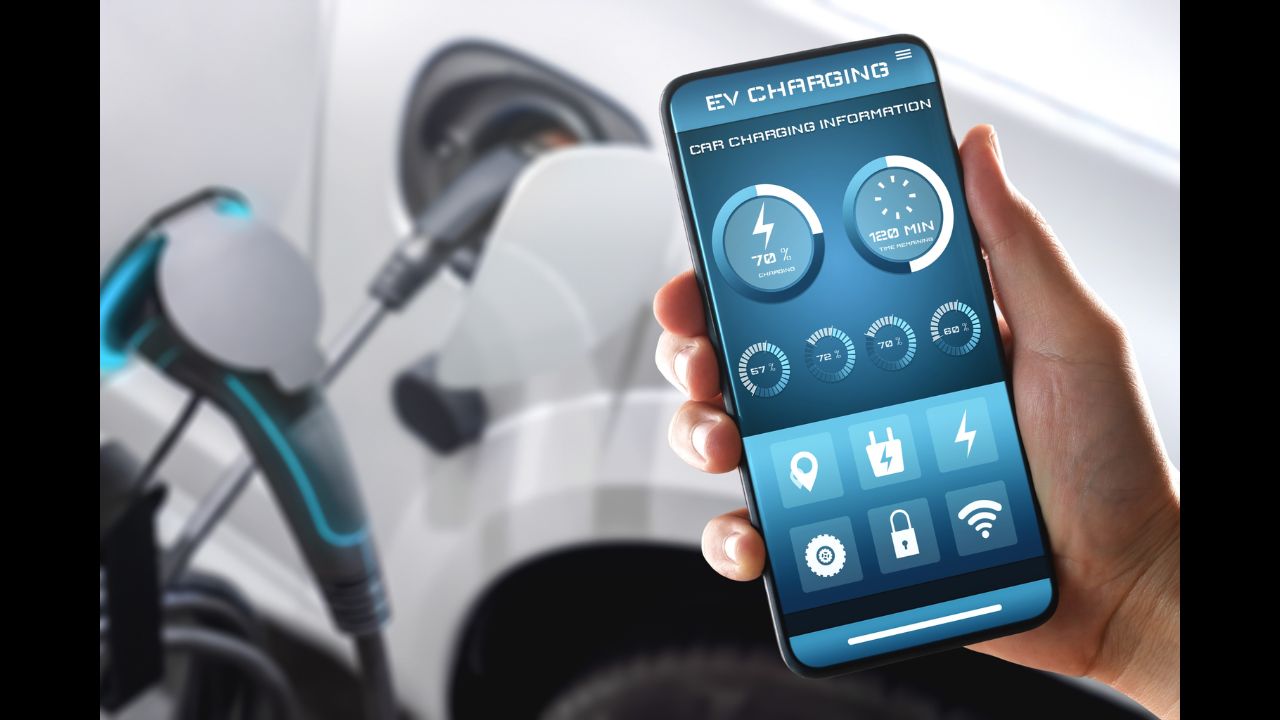The Latest Breakthroughs in EV Charging Technology: As the world moves towards a sustainable future, electric vehicles (EVs) are acquiring popularity as an environmentally friendly mode of transportation. However, the widespread adoption of electric vehicles is contingent on the availability of efficient and convenient charging infrastructure.
There have been significant advancements in EV charging technology over the years to address the issues of range anxiety, charging speed, and accessibility. This blog will examine the most recent innovations in EV charging technology that are revolutionising the way we charge electric vehicles.
Rapid DC Fast Charging at High Speed
The emergence of high-speed DC rapid charging is one of the most significant advancements in EV charging technology. DC fast charging significantly reduces charging time compared to conventional charging methods, which typically take hours to completely charge an EV.
Using higher power levels, typically greater than 50 kilowatts (kW), these charging stations can charge an electric vehicle’s battery to 80% in 20 to 30 minutes. These stations are strategically placed along major highways and in urban areas to facilitate long-distance travel and provide easy access to charging infrastructure for EV owners.
AUDI to focus on electric vehicles from 2033: Official
Inductive charging without contact
Inductive wireless charging has emerged as a promising technology that eliminates the need for charging cables and improves user convenience. This method transfers energy between a charging device on the ground and an EV’s undercarriage using magnetic fields. When the EV is parked on the charging pad, the charging process begins automatically, which is immensely convenient for EV owners.
The integration of wireless inductive charging into road infrastructure, parking lots, and residential garages enables effortless charging without the inconvenience of connecting and unplugging cables. Multiple manufacturers are actively testing and implementing wireless charging technology, making it a viable future option for electric vehicle (EV) charging.
Bidirectional Vehicle-to-Grid (V2G) Charging Integration
Bidirectional charging, also known as vehicle-to-grid (V2G) integration, is another thrilling development in EV charging technology. Historically, EVs were perceived as energy consumers. However, now that they support bidirectional charging, they can serve as valuable energy storage devices. V2G technology enables EV owners to contribute to grid stability and support renewable energy integration by enabling power transfer from the EV’s battery back to the grid.
This two-way energy flow enables vehicle-to-home (V2H) integration, in which an EV can serve as a backup power source or power a residence during peak demand periods. Electric vehicles already have bidirectional charging capabilities. Additionally, other manufacturers and utility companies are actively investigating the potential of this technology.
Innovative Charging Management Techniques
To optimise charging efficiency and grid integration, advanced charging management systems are being developed. These systems utilise sophisticated algorithms and data analysis to manage charging loads, reduce grid stress, and guarantee the accessibility of charging infrastructure for all users.
In order to schedule charging sessions at optimal periods, intelligent charging algorithms consider electricity costs, grid demand, and user preferences. This contributes to grid stability and reduces the overall cost of charging for EV owners. Moreover, charging management systems facilitate seamless integration with renewable energy sources, allowing electric vehicles to be charged with pure, renewable energy.
Conclusion
The most recent developments in EV charging technology are reshaping the electric transportation landscape. From high-speed DC fast charging and ultra-fast charging with extremely high power to wireless inductive charging and bidirectional charging, these innovations are revolutionising the way that we charge electric vehicles.
In addition, sophisticated charging management systems optimise charging efficiency and facilitate grid integration. With increased accessibility, faster charging periods, and enhanced convenience, EVs are poised to play a pivotal role in shaping the future of sustainable transportation.




